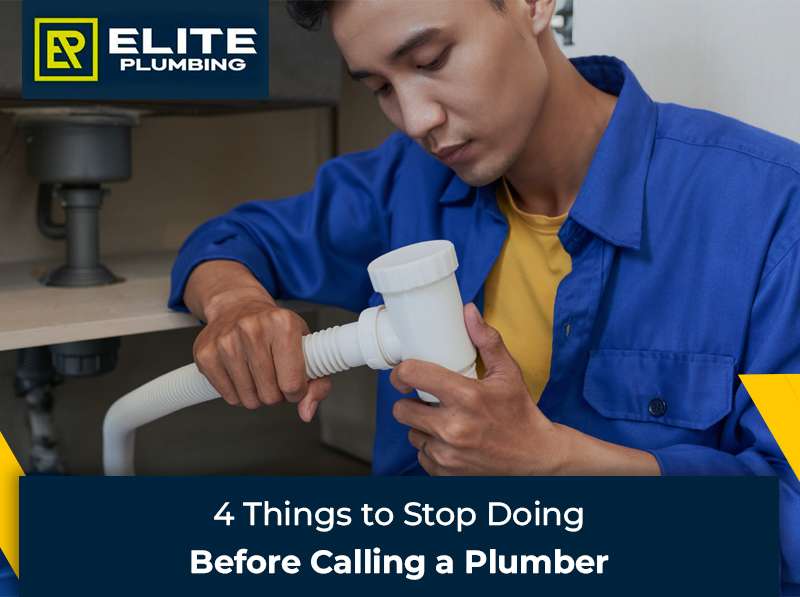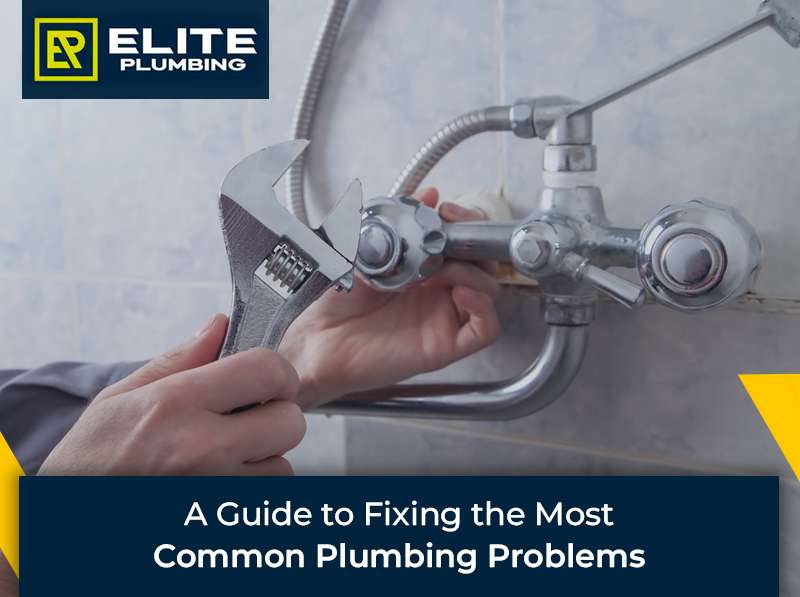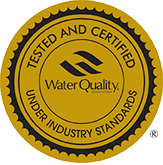
How To Fix the Most Common Bathroom Plumbing Problems
As a house age, certain plumbing problems in the house becomes inevitable. We don’t realize how important a robust plumbing system is until it starts having issues. Dripping faucets, clogged bathroom drains and toilets, water heater problems, low water pressure, etc., are some of the common plumbing problems that can









